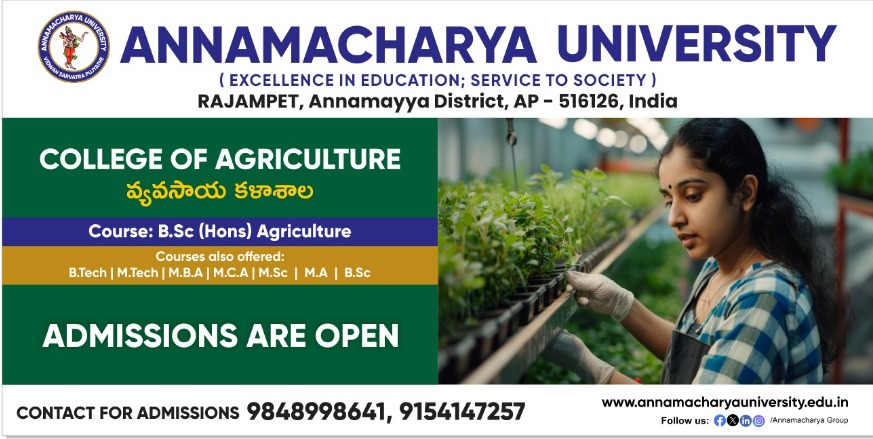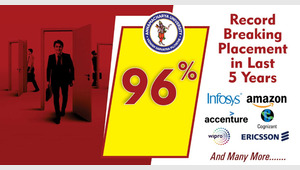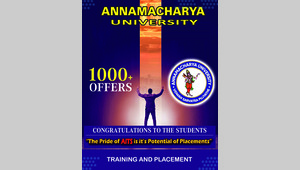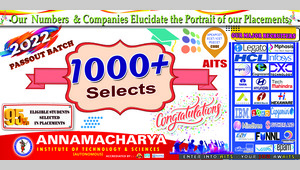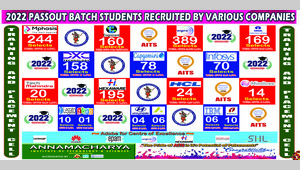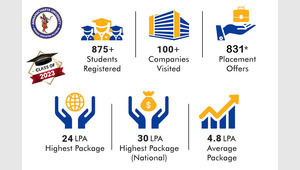Department
Electrical & Electronics Engineering
Conferences
Extra and co-curricular activities are an integral part of the academic institutions and one of the most important amongst them are conferences. They ignite the intellectual thinking and discussion on contemporary and prospective issues. Academic conferences are global phenomena. Usually, they bring together a complex network of academic and nonacademic professionals to discuss and disseminate new knowledge. The practice of ‘conferencing’ also includes activities that go far beyond the exchange of information. Conferences constitute social spaces where researchers encounter other researchers, establish new contacts, maintain old contacts, hold exploratory talks, and initiate collaborations. Academic conferences therefore can yield a plenitude of scientific and societal impacts.
Faculty conferences are events where academic professionals gather to share research, discuss educational strategies, and network with peers. These conferences can vary widely in scope, from small, specialized gatherings to large, international meetings. Here’s an overview of different types of faculty conferences and their typical features:
- Academic Conferences
- Disciplinary Conferences: Focus on a specific academic field (e.g., American Historical Association Annual Meeting, IEEE Conference on Computer Vision and Pattern Recognition).
- Interdisciplinary Conferences: Cover topics that span multiple fields (e.g., the International Conference on Complex Systems).
- Teaching and Pedagogy Conferences
- Teaching and Learning Conferences: Focus on innovative teaching methods and educational research (e.g., EDUCAUSE Annual Conference, Teaching Professor Conference).
- Professional Development Conferences: Offer workshops and sessions aimed at improving teaching practices and career skills.
- Research Conferences
- Research Symposiums: Provide platforms for presenting and discussing recent research findings (e.g., National Research Conference).
- Grant and Funding Conferences: Help faculty learn about funding opportunities and grant writing (e.g., National Institutes of Health (NIH) Grant Writing Workshops).
- Professional Associations Conferences
- Association Meetings: Hosted by academic and professional organizations (e.g., American Psychological Association (APA) Annual Convention, Modern Language Association (MLA) Conference).
- Special Interest and Thematic Conferences
- Focused Topics: Address specific themes or current issues (e.g., International Conference on Climate Change, Block chain Technology Summit).
- Emerging Trends: Explore new areas of interest and cutting-edge research (e.g., Artificial Intelligence in Education Summit).
- International Conferences
- Global Gatherings: Bring together scholars from around the world to discuss global issues and trends (e.g., International Conference on Sustainable Development, World Congress on Education).
- Workshops and Seminars
- Skill Development: Offer hands-on sessions on specific skills or techniques (e.g., Data Analysis Workshops, Grant Writing Seminars).
- Roundtables: Provide opportunities for in-depth discussion on particular topics or challenges.
- Virtual and Hybrid Conferences
- Online Events: Allow participation from anywhere in the world (e.g., virtual academic conferences on Zoom or other platforms).
- Hybrid Formats: Combine in-person and virtual components to broaden accessibility and participation.
Key Features of Faculty Conferences:
- Keynote Speakers: Prominent experts who provide insights into major themes or breakthroughs in the field.
- Paper Presentations: Faculty present their research findings and methodologies.
- Panel Discussions: Experts discuss specific topics and answer questions from the audience.
- Networking Opportunities: Time is allocated for participants to meet, discuss, and form collaborations.
- Workshops and Tutorials: Sessions that offer practical skills and hands-on experience.
- Exhibits and Posters: Displays of research projects, tools, and educational resources.
Attending and participating in these conferences helps faculty stay current with developments in their fields, enhance their research and teaching, and build professional networks.Top of Form
